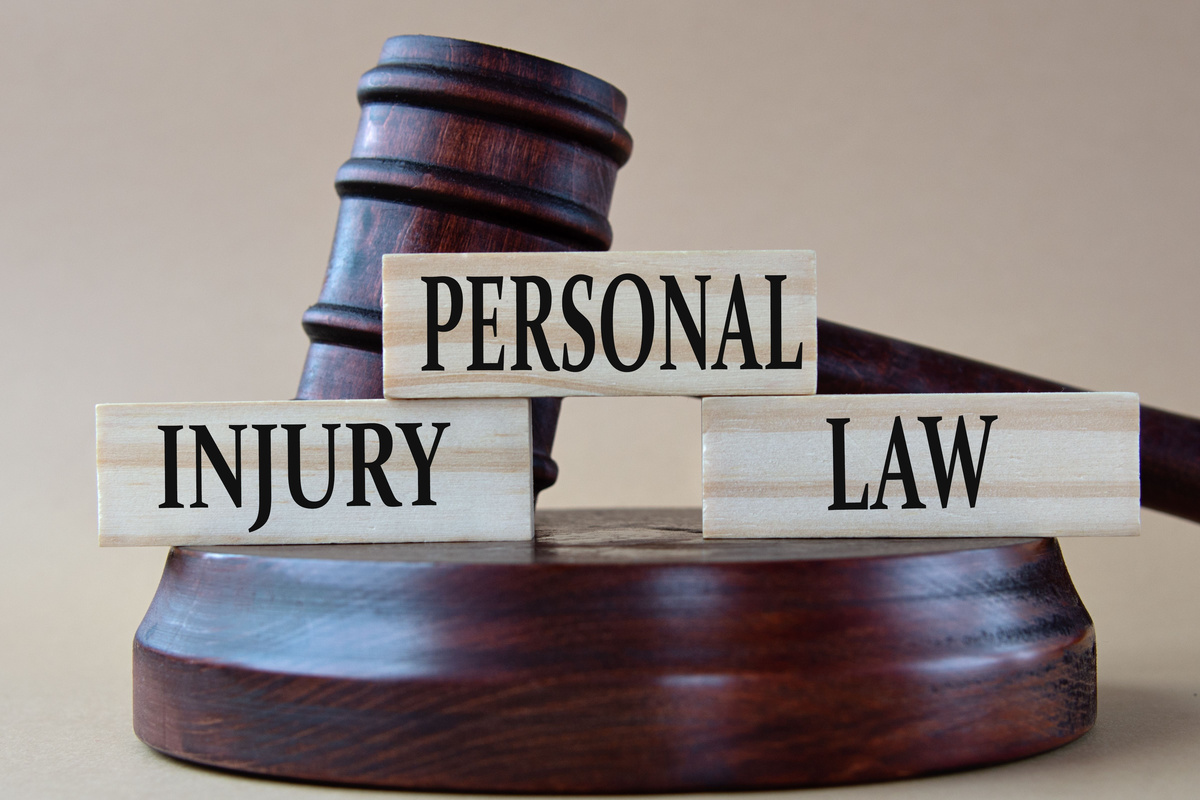A Patent as a component of Intellectual Property is perhaps the most important aspect debated internationally. The role of patents in pharmaceutical industry is quite high with respect to providing competitive edge to a business organization. A Company that gets a patent on a new drug gets 20 years time to exploit the patented medicine. The expenditure on research and development is cited as one of the reasons by pharmaceutical companies for high price of their product. It is argued that the cost of developing and marketing a new molecule is whopping USD 1bn. Further, the chances of success with new drug at reseach and development level is quite low and thus, a successful molecule becomes a goldmine for a pharmaceutical company.
However, in recent times, various sections of society have questioned the figure of USD 1 bn for research and development cited by pharmaceutical companies. This had led to widespread debate between various non governmental organizations, not for profit organizations, governments of various developing and developed countries on one hand and multinational pharmaceutical companies, government of developed countries on the other hand. The debate is specifically related to the access and affordability of medicines. It is argued that the high price of patented medicines prohibit its widespread use and patients living in developing and under developed countries have limited or no access to these new medicines. The issue is with respect to new medicines for treatmet of HIV that are patented by multinational companies.
It is required that countries frame their national patent laws balancing their obligation to adhere to Trade Related Aspects of Intellectual Property Rights (TRIPS) agreement and access to affordable medicines for their nationals.










